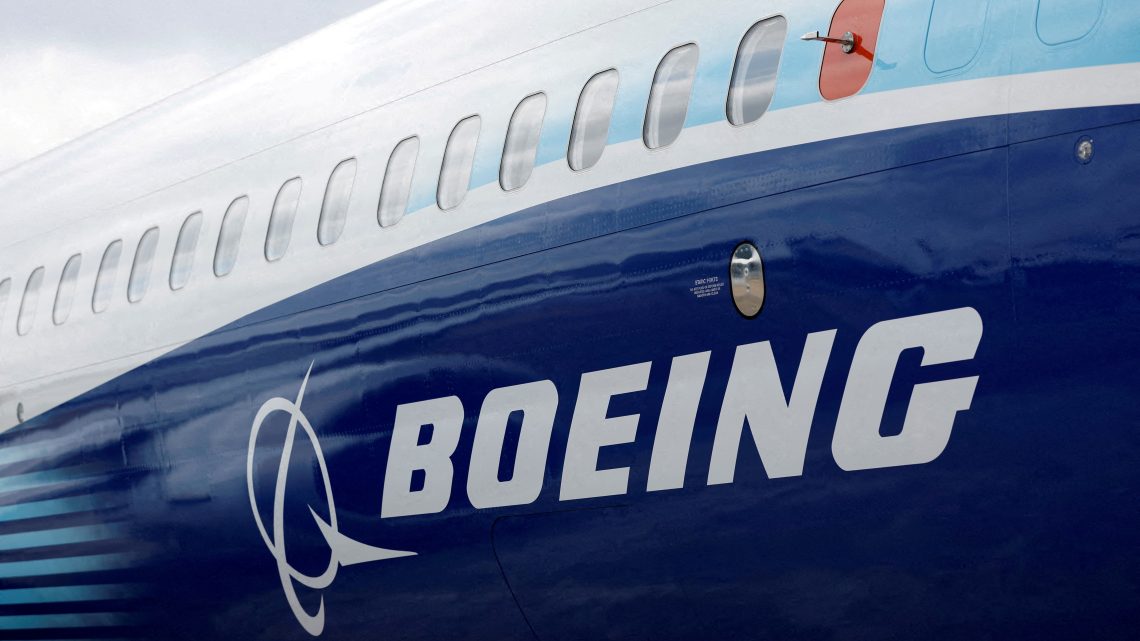
Boeing’s Ongoing Struggles with Safety and Production Challenges
July 22, 2024Boeing has faced intense scrutiny and criticism following two fatal 737 Max crashes. Despite efforts to reassure stakeholders of its commitment to quality and safety, recent incidents have reignited concerns. On January 5, a door plug blew out of a new 737 Max 9 shortly after takeoff, exposing serious production flaws. Although no one was seriously injured, this incident highlighted ongoing issues within Boeing’s manufacturing processes.
In response, Boeing has pledged to improve oversight, safety protocols, and training for its workforce. This includes a deal to buy back its troubled fuselage supplier, Spirit AeroSystems, and a guilty plea to a federal charge of conspiracy to defraud the U.S. government related to the Max crashes. However, these measures have not fully restored confidence.
The company has struggled financially, not posting an annual profit since 2018. Boeing’s stock has also suffered, trading significantly lower than its peak before the second Max crash. This financial strain is exacerbated by production delays and delivery issues, which have frustrated major airline customers.
Regulatory bodies like the FAA have increased scrutiny, further complicating Boeing’s efforts to ramp up production. These regulatory pressures, combined with internal challenges, have led to significant delays in aircraft deliveries. This impacts Boeing’s commercial jet business, which is crucial to its revenue.
The leadership shake-up at Boeing, including the planned departure of CEO Dave Calhoun, signals an acknowledgment of the need for change. However, finding a new CEO and implementing effective changes will take time. Industry leaders emphasize the importance of Boeing taking the time to address these issues thoroughly.
Despite these challenges, Boeing remains a cornerstone of American aerospace manufacturing. Its historical contributions, from World War II bombers to the Apollo 11 mission, underline its significance. The company’s extensive production portfolio and its role in commercial aviation highlight its ongoing importance.
The recent door plug incident on an Alaska Airlines flight underscores the severity of Boeing’s quality control issues. Previous problems, such as mis-drilled holes and incorrect fuselage spacing, have also raised alarms. Nonetheless, Boeing planes continue to be widely used in commercial aviation, with a significant market share.
Boeing’s commitment to addressing its safety culture and production flaws is critical for its future. CEO Dave Calhoun’s recent testimony before a Senate panel emphasized the company’s dedication to resolving these issues. The apology to the families of crash victims was a poignant reminder of the human cost of these failures.
Fixing Boeing’s problems and restoring its reputation will be a long and costly process. The company must convince stakeholders that it can overcome these challenges and return to its former status as a leader in aerospace innovation and safety. The path forward is fraught with difficulties, but Boeing’s efforts to improve oversight, enhance safety, and rebuild trust are essential steps in this journey.

